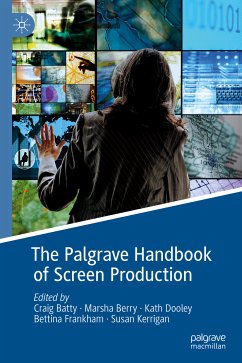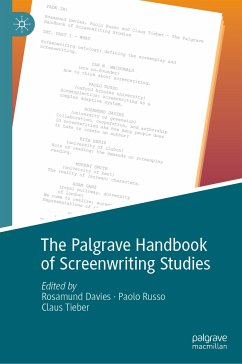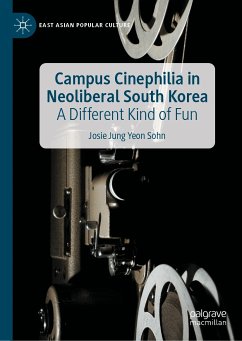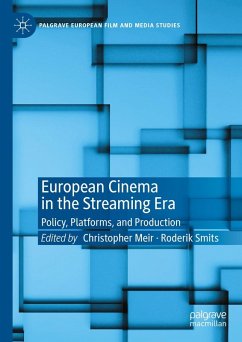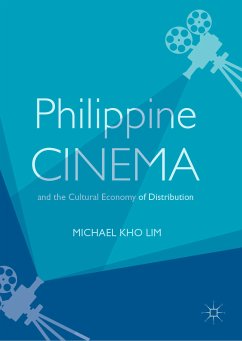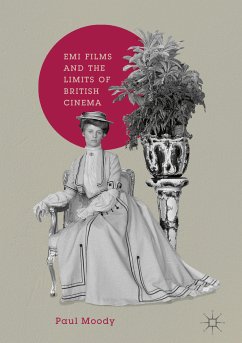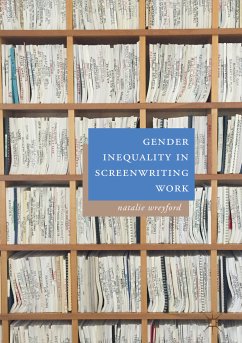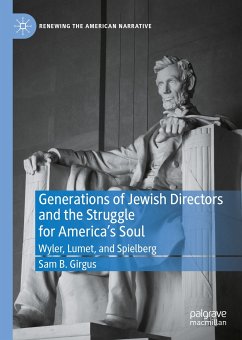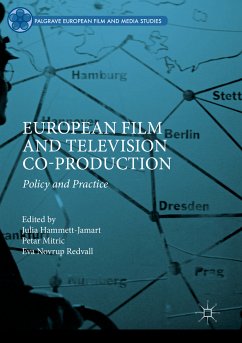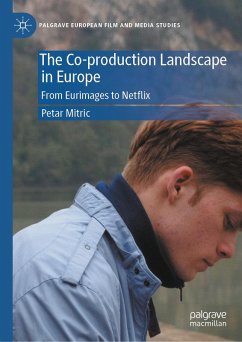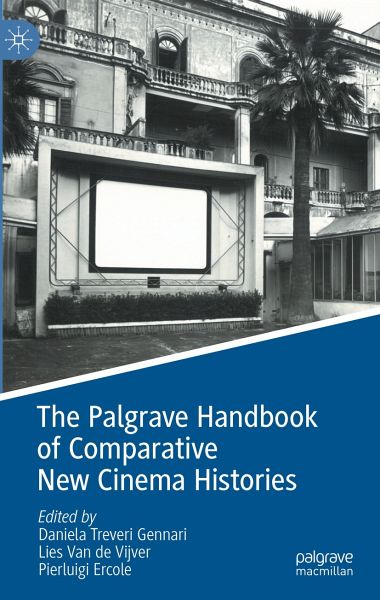
The Palgrave Handbook of Comparative New Cinema Histories (eBook, PDF)
Versandkostenfrei!
Sofort per Download lieferbar
152,95 €
inkl. MwSt.
Weitere Ausgaben:

PAYBACK Punkte
76 °P sammeln!
This Handbook offers new and previously unexplored comparative approaches to the field of New Cinema History. The volume brings together contributions focussing on historical and contemporary comparative case studies of cinema-going practices, cinema distribution, exhibition and reception from a global perspective. Engaging with a wealth of empirical and archive-based sources the volume explores a wide range of methodological and theoretical approaches. This Handbook is a key addition to debates on the relationship between film industry and cinema-going practices across different political and...
This Handbook offers new and previously unexplored comparative approaches to the field of New Cinema History. The volume brings together contributions focussing on historical and contemporary comparative case studies of cinema-going practices, cinema distribution, exhibition and reception from a global perspective. Engaging with a wealth of empirical and archive-based sources the volume explores a wide range of methodological and theoretical approaches. This Handbook is a key addition to debates on the relationship between film industry and cinema-going practices across different political and cultural geographical dimensions. Chapter(s) "Chapter 8." is available open access under a Creative Commons Attribution 4.0 International License via link.springer.com.
Dieser Download kann aus rechtlichen Gründen nur mit Rechnungsadresse in A, B, BG, CY, CZ, D, DK, EW, E, FIN, F, GR, HR, H, IRL, I, LT, L, LR, M, NL, PL, P, R, S, SLO, SK ausgeliefert werden.



